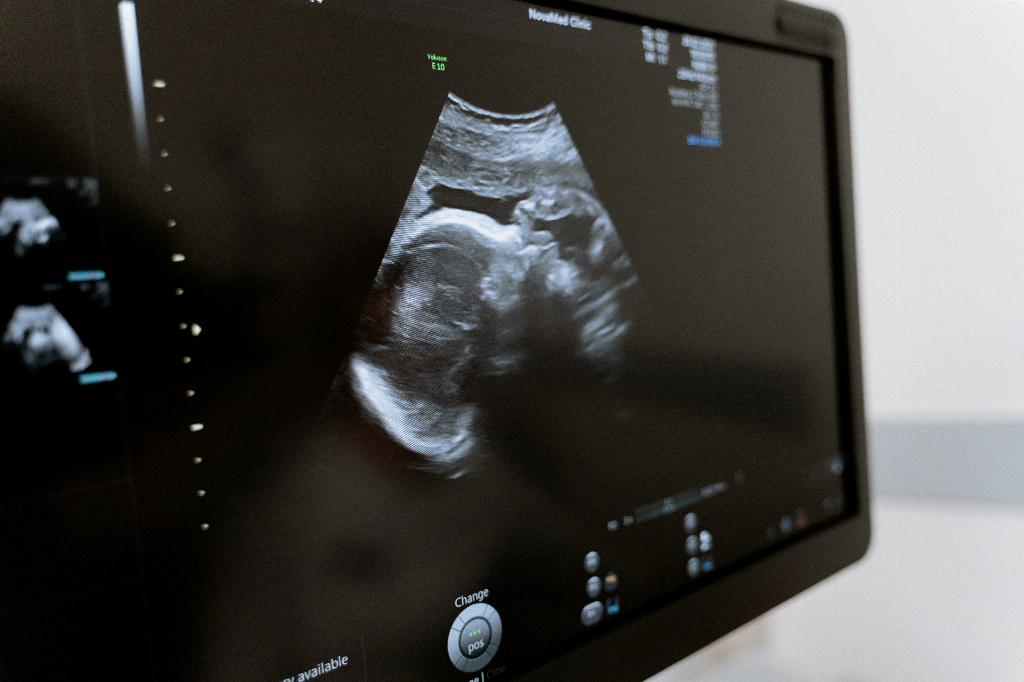During pregnancy, many changes occur in a woman’s body as it adapts to accommodate and nourish a growing baby. One common occurrence during pregnancy is the presence of trace amounts of protein in the urine. This phenomenon raises the question: Is trace protein normal in pregnancy?
Having small amounts of protein in the urine, often referred to as trace protein, is actually quite common in pregnancy. It is usually detected during routine prenatal care when a urine sample is tested. The presence of trace protein can be a normal finding and is not always a cause for concern.
Protein plays a vital role in the body, helping to build and repair tissues. However, during pregnancy, the kidneys work harder to filter waste from the blood, which can sometimes result in the presence of trace amounts of protein in the urine. This occurrence is typically benign and does not necessarily indicate a problem.
It is important to note that while trace protein in the urine is common in pregnancy, higher levels of protein may be a cause for further investigation. Elevated protein levels can sometimes be a sign of underlying issues such as preeclampsia or kidney problems, which may require medical attention.
Women who have pre-existing conditions such as diabetes or hypertension may be at a higher risk of developing complications during pregnancy that could lead to increased levels of protein in the urine. In such cases, close monitoring and management by healthcare providers are essential to ensure the well-being of both mother and baby.
If trace protein is detected in a urine sample during pregnancy, healthcare providers will typically monitor the levels to determine if there is any cause for concern. Additional tests may be conducted to rule out any underlying conditions and ensure that both mother and baby are healthy.
It is crucial for pregnant women to attend all scheduled prenatal appointments and communicate openly with their healthcare providers. Being proactive about discussing any changes or symptoms experienced during pregnancy, including the presence of trace protein in the urine, can help ensure that any issues are addressed promptly.
In summary, while trace protein in the urine is a common occurrence during pregnancy, higher levels of protein may warrant further investigation. Monitoring by healthcare providers, especially in high-risk cases, is essential to ensure the well-being of both mother and baby.
Ultimately, each pregnancy is unique, and what is considered normal may vary from woman to woman. Trusting the guidance of healthcare providers and staying informed about changes in the body can help alleviate concerns and ensure a healthy pregnancy journey.
Remember, pregnancy is a beautiful and transformative experience, and taking proactive steps to prioritize maternal health can lead to a positive outcome for both mother and baby. Stay informed, stay connected, and embrace the journey with confidence.

